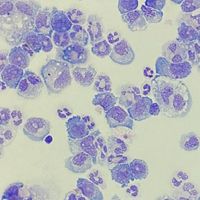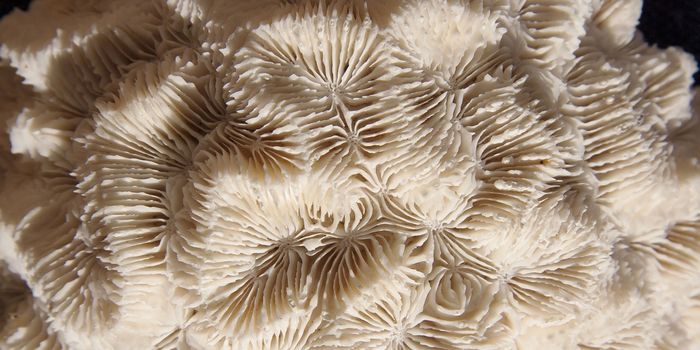Asymmetric cell division improves memory T cell function
T cell division is critical to understand because of its role in the immune response. There is a myriad of T cell subcategories with different responsibilities. A few subcategories include cytotoxic T cells, helper T cells which improve immune cell response, and memory T cells. Memory T cells are responsible for building immunity toward a prior infection, and when that infection enters the body at a later stage, the immune system is better prepared. The immune system responds much faster, and many individuals won't get sick since the body has built up a memory response. Memory T cells are critical for individuals to stay healthy and fight off reoccurring diseases.
Consequently, memory T cells are critical in the aging process to develop an equipped immune system after encountering multiple diseases throughout a lifetime. Additionally, the mechanism by which vaccines function is based on the idea that the body will generate memory T cells (as well as antibodies) conditioned to target the specific infection introduced through vaccination. Therefore, memory T cell biology is critical to improve clinical therapeutics and treat patients.
A study published by Dr. Annette Oxenius from the University of Zurich extends the field of memory T cell biology by demonstrating that asymmetric cell division (ACD) is necessary to develop improved function of memory T cells. The heterogeneity of T cells is critical for effective immunity, and Oxenius and colleagues discovered that aging disrupts this heterogeneity by impairing ACD. Interestingly, Oxenius showed that mTOR inhibition rescues memory T cell ACD. The mammalian target of rapamycin or mTOR pathway is responsible for cell proliferation and differentiation functions. Oxenius and colleagues used aged mice to increase ACD rates, which restored memory T cell potential and expansion. Virtual memory T cells were one cell type the group analyzed since this population accumulates with age. The results show that virtual memory T cells retain their function to divide asymmetrically compared to naïve CD8+ T cells. Overall, the study provides evidence for how ACD aids in long-term survival of T cells. More importantly, this provides foundational work on how the immune system changes as individuals age.
Oxenius and colleagues provide insight into memory T cell aging and how memory T cell division can affect our body's immune response to infection. The findings in the article also uncover the mTOR pathway as a critical component of memory T cell ACD. Inhibition of the mTOR pathway can improve memory T cell survival, indicating improved therapeutics for aging patients. Overall, the study extends the field of T cell biology by providing novel mechanisms by which memory T cells adapt to aging.
University of Zurich, Dr. Annette Oxenius, Nature Communications, Immunity








